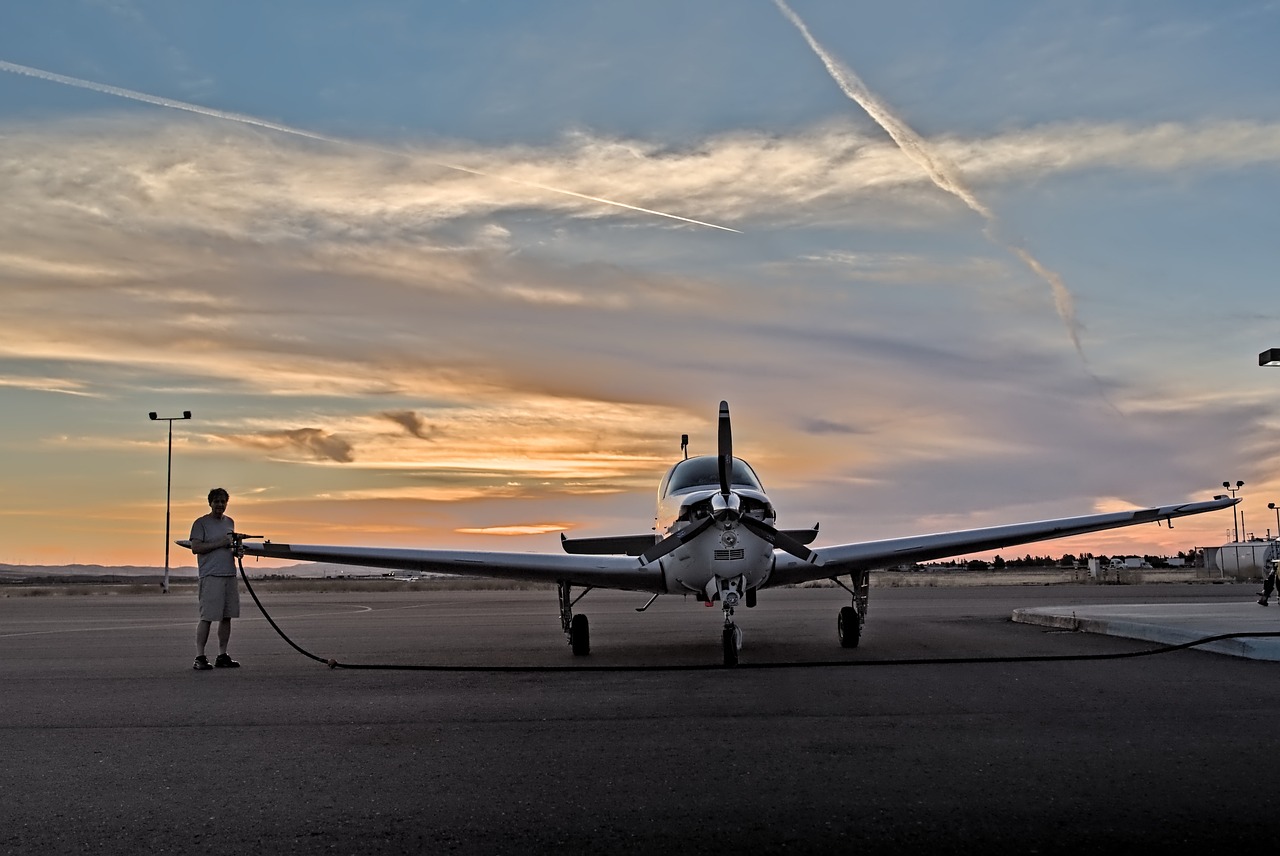Alternative fuel will play a key role in reducing emissions from air transportation.
Made from non-petroleum feedstocks, sustainable aviation fuel (SAF) is an alternative that can be mixed with fossil jet fuel with no changes needed to aircraft or infrastructure, reducing emissions while making it greener and easier to use than other fuels.
SAF can be made from a wide variety of sustainable sources, including agricultural waste, used cooking oil, woody biomass and other feedstocks. Experts consider it more sustainable because it can be made from waste that would otherwise be thrown away.
In 2021, airlines committed to net-zero carbon dioxide emissions by 2050. Anticipated air traffic by that year could generate 1.8 billion tons of carbon emissions, and the International Air Transport Association (IATA) estimates that to achieve net zero, SAF will play an important role, reducing emissions by up to 80%.
SAF is only in its infancy, and policy and production challenges will require leadership from governments around the world and partners in the supply chain. According to Airbus, SAF usage amounted to only 0.2% of all aviation fuel in 2022. While new domestic SAF plants are expected, there are only 3 commercial producers at present in the United States. Limited production capabilities will continue to hinder broader SAF adoption.
The IATA has identified policy challenges to increasing SAF usage, including needed policy support in scaling, a lack of harmonized accounting methodologies and a lack of access to SAF in existing fuel logistics and airport infrastructure. In addition, costs are higher for SAF production and usage, and in a business-like aviation with razor-thin margins, this will continue to be a major consideration.
Cost concerns and increased access are challenges Washington State is working to tackle. Snohomish County is establishing a SAF Research and Development Center at Paine Field in Everett, partnering with Washington State University to develop new technologies to reduce dependence on carbon-based fuels. “The initiative aims to make Snohomish County a global leader in reducing dependence on carbon-based fuels, focusing on SAF as an immediate solution for decarbonizing aviation,” says a Snohomish County briefing document.
Also last year, Dutch company SkyNRG announced intentions to locate a major new biogas plant that will produce SAF in Washington, with operations beginning in 2028 or 2029. SkyNRG CEO Philippe Lacamp told the Seattle Times, “We see these technologies as being absolutely essential for the ongoing development of the aviation industry in terms of 2050 targets.”
The federal government is also pushing to move SAF forward. The Sustainable Aviation Fuel Grand Challenge, a partnership across multiple federal agencies, prioritizes expanding SAF supply, reducing SAF costs and enhancing SAF sustainability. Read more at energy.gov.
